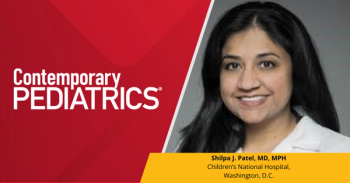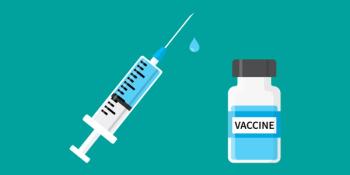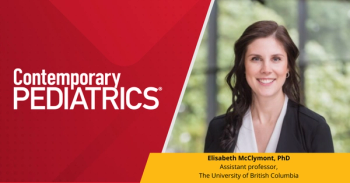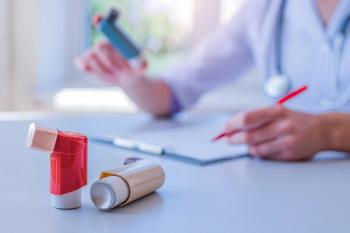
The unbroken chain of pediatricians
Anyone who is instrumental in helping a resident achieve the goals of learning enough to be an excellent pediatrician while doing everything possible to provide knowledgeable care for sometimes extremely ill patients, is an important link in the chain from one class of new pediatricians to the next.
Recently, juxtaposition of my institution's pediatric residency program graduation and medical school reunion highlighted the importance of the unbroken chain of education and role modeling that characterizes medical education. At the reunion, an alumnus of the residency program spoke with pride about a similarly gray- and paunchy-colleague who was "my intern." Groups of men and women reminisced about memorable patients, long nights spent transporting specimens to the lab, and nurses who, inevitably, awoke them just as they were putting their head to the pillow in the call room.
At graduation, senior residents remembered with appreciation their former "senior," who had coached them through a night with a particularly sick infant in the NICU. Many of those completing residency wanted assurances that they could always call (or e-mail) the faculty members on whom they had come to rely for advice and guidance during their three years of training. Others expressed pride in "their interns" who had responded effectively to the challenges of the past year, medical and interpersonal.
No matter their age, pediatricians are likely to consider their years of residency, and the people from whom they learned in that setting, as a touch point-a frame of reference for their clinical decision making, their professional standards, and their personal goals. Even when the workweek is "limited" to 80 hours, residents depend intensely on each other for support, education, and role modeling. The goals-learn enough to be an excellent pediatrician while you do everything possible to provide knowledgeable care for sometimes extremely ill patients-endure a lifetime.
Those alumni may not realize it, but the new pediatricians owe them a great deal.
Newsletter
Access practical, evidence-based guidance to support better care for our youngest patients. Join our email list for the latest clinical updates.








